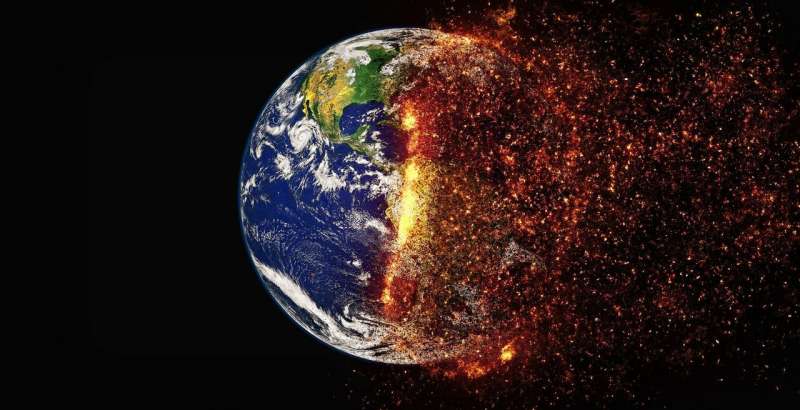
New global findings in the 8th annual indicator report of The Lancet Countdown on Health and Climate Change reveal that people in every country face record-breaking threats to health and survival from the rapidly changing climate, with 10 of 15 indicators tracking health threats reaching concerning new records.
In 2023, people were exposed to, on average, an unprecedented 50 more days of health-threatening temperatures than expected without climate change. Extreme drought affected 48% of the global land area—the second-highest level recorded—and the higher frequency of heat waves and droughts was associated with 151 million more people experiencing moderate or severe food insecurity than annually between 1981 and 2010.
The authors call out governments and companies who continue “fueling the fire” with persistent investment in fossil fuels, all-time high energy-related greenhouse gas emissions, and years of delays in adaptation that are narrowing the survival chances of people across the globe.
In 2022, 72 of the 86 countries (84%) analyzed in the report subsidized fossil fuels for a record net total of US$1.4 trillion (taking into account the contribution of both carbon pricing and fossil fuel subsidies), dwarfing any financial commitments in support of climate action made at COP28. These subsidies exceeded 10% of national health spending in 47 of the countries, and 100% in 23 countries.
Bolstered by record profits, the world’s 114 largest oil and gas companies (covering 80% of all production projected by 2040) have increased their projected fossil fuel production levels since last year.
Added to this, new data from this year’s report estimates that almost 182 million hectares of forest were destroyed between 2016 (when the Paris Agreement entered into force) and 2022, equivalent to 5% of the global tree cover, diminishing the world’s natural capacity to capture carbon dioxide.
The greatest tree cover losses were in Russia (35.8 million hectares), the U.S. and Canada (almost 15 million hectares in each country). At the same time, the rise in red meat and dairy intake increased diet-related deaths by 220,000 between 2016 and 2021, and contributed to a 2.9% rise in agricultural GHG emissions.